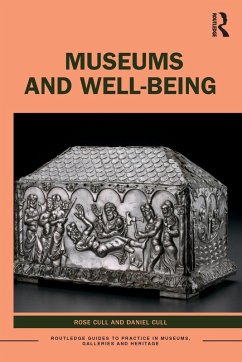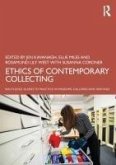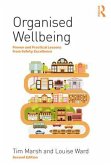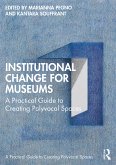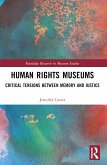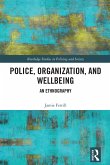Museums and Well-being outlines the historical development of well-being within museums and offers a critical engagement with this field from a museum studies perspective. The essential thesis of the book is that well-being is a collective action.
The book utilises the Five Ways to Well-being as a model: Connect, Be Active, Keep Learning, Give and Take Notice. Each of these Ways are explored through a specific museum object illustrating the important role collections can play in museum well-being. The book considers how museum well-being, and the austerity project became entwined, and how the COVID-19 pandemic supercharged growth in this field. The book explores such diverse topics as walking, slow art, social capital, Virginia Woolf, body positivity, collective joy, identity, art therapy, yoga, Squid Game, Effective Altruism, mindfulness, gift exchange, the Preston model, the limits of data, sketching, photography, inclusive spaces, and workplace well-being. The book signposts a vast array of existing information, and offers a critical engagement with current practices.
Museums and Well-being is aimed initially to students of museum studies programmes, it is also an ideal book for museum staff who need to add a well-being component to their existing programming; or to reconsider existing programming from the perspective of well-being.
The book utilises the Five Ways to Well-being as a model: Connect, Be Active, Keep Learning, Give and Take Notice. Each of these Ways are explored through a specific museum object illustrating the important role collections can play in museum well-being. The book considers how museum well-being, and the austerity project became entwined, and how the COVID-19 pandemic supercharged growth in this field. The book explores such diverse topics as walking, slow art, social capital, Virginia Woolf, body positivity, collective joy, identity, art therapy, yoga, Squid Game, Effective Altruism, mindfulness, gift exchange, the Preston model, the limits of data, sketching, photography, inclusive spaces, and workplace well-being. The book signposts a vast array of existing information, and offers a critical engagement with current practices.
Museums and Well-being is aimed initially to students of museum studies programmes, it is also an ideal book for museum staff who need to add a well-being component to their existing programming; or to reconsider existing programming from the perspective of well-being.

